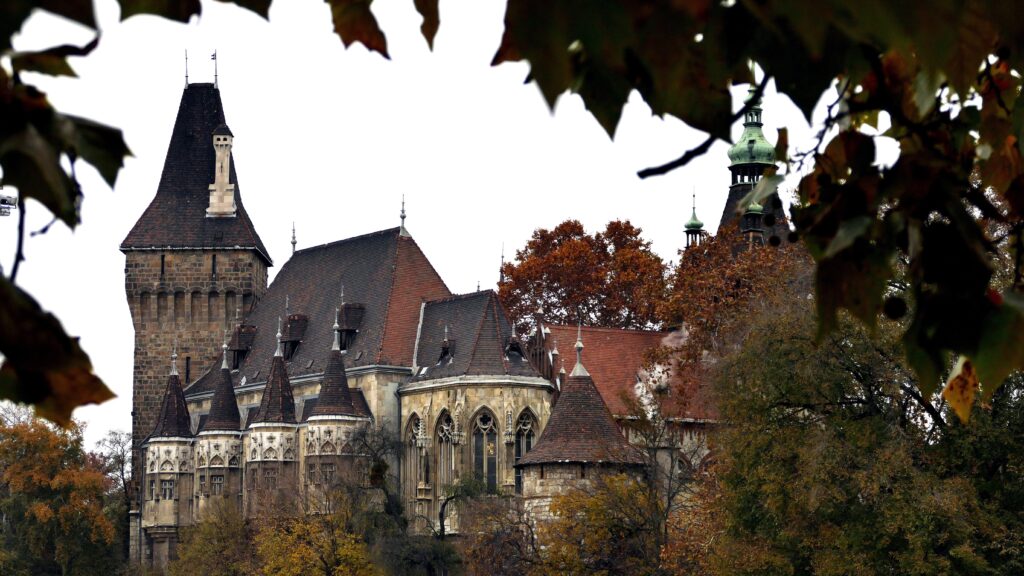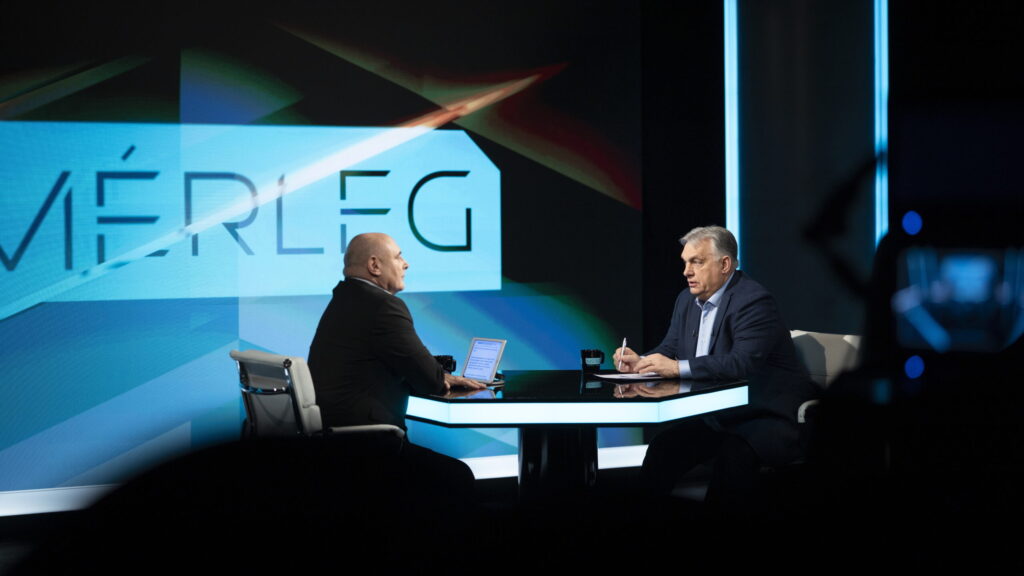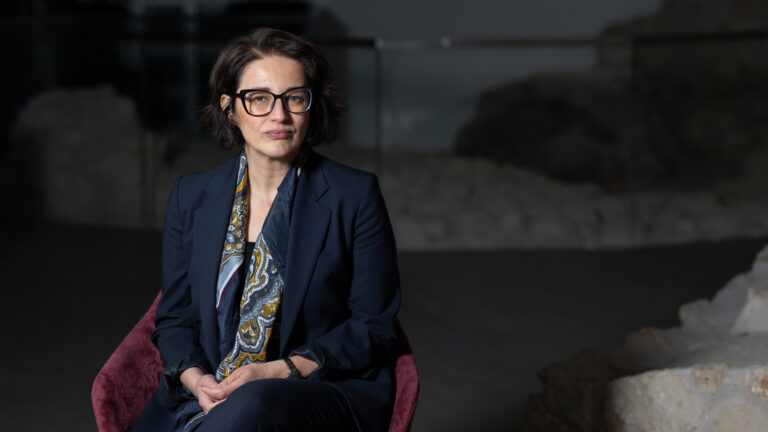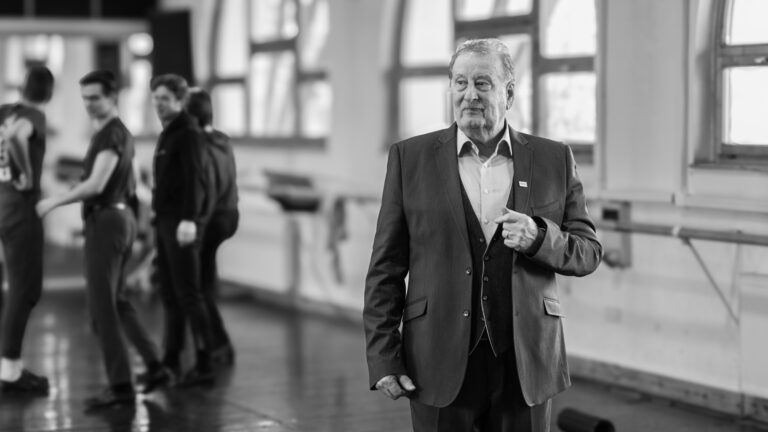Krzysztof Bosak is the Deputy Marshal of the Polish Sejm and a leading figure in the national-conservative Konfederacja alliance. Hungarian Conservative sat down with Bosak during CPAC Hungary 2025 to discuss Poland’s rapidly shifting political landscape ahead of Sunday’s presidential run-off, in which Konfederacja voters appear to hold the balance of power. The conversation also explored the alliance’s long-term strategy and the prospects for a future right-wing coalition.
***
Konfederacja voters could be the kingmakers in the presidential run-off. Who do you think they will ultimately support: Karol Nawrocki or Rafał Trzaskowski?
When the second round is so closely contested—as it is now, with both candidates polling near 50 per cent—every single voter becomes a potential kingmaker. It’s not a given that only Konfederacja voters will decide the outcome, but their role is undoubtedly significant. We’re speaking about nearly three million voters, which is a massive bloc. Recent polling shows that the difference between the two candidates could come down to as little as 60,000 votes. Of course, it’s not just about our voters. There are many left-wing voters who see the progressive candidate as too liberal, yet not socialist enough. We don’t know whether they’ll vote—or whom they’ll support. There are also radical right voters who reject both options, and their behaviour is equally uncertain.
What we do know—based on first-round exit polls—is that a clear majority of Konfederacja voters lean towards supporting Nawrocki in the second round. However, it’s not unanimous. As I recall, just over half expressed such preference. The rest remain undecided, and we don’t yet know how many of them will actually turn out. That’s why the past two weeks were so critical. Sławomir Mentzen invited both candidates to his YouTube channel for one-on-one interviews. The viewership was extraordinary. The combined audience reached close to 10 million—making it the most viewed political interview series in Polish YouTube history, and possibly globally.
From these interviews, it became clear that the progressive candidate is entirely detached from our values and policy objectives. Meanwhile, Nawrocki—backed by Law and Justice—is considerably more aligned with us. He even signed Konfederacja’s declaration on eight principles. So, there are many good reasons for our electorate to favour Nawrocki, though, of course, we’ll only know the final decision once the votes are counted. Sunday evening will be extremely revealing as we analyze the exit poll data.
There were also subtle signals. For example, yesterday, one of our MPs published photos of an informal walk and conversation with Nawrocki, where they were seen talking and having tea together. That’s not an official endorsement—but it’s certainly a hint. We trust our voters to understand such cues and to make up their own minds.
Sławomir Mentzen received approximately 15 per cent of the vote in the first round. You yourself were a presidential candidate five years ago, gaining around 7 per cent. The party’s support seems to have grown dramatically since then. What explains that growth?
The key difference is that today, Konfederacja is seen as a stable and established political force. When I ran for president in 2020, we had no proper campaign due to COVID regulations. We had barely begun before lockdowns were introduced. All our planned events were cancelled, and the elections were postponed. We were forced into an extended campaign conducted largely online.
At that point, we had only recently entered Parliament. There were widespread doubts about our future. Some believed we wouldn’t survive as a united party, or that we couldn’t compete with Law and Justice or Civic Platform. So the circumstances were far more difficult.
‘A clear majority of Konfederacja voters lean towards supporting Nawrocki in the second round’
Today, we are in a completely different place. We’ve proven that we are a serious political party with consistent leadership. We’ve even moderated slightly, especially after Grzegorz Braun—who was known for extreme and provocative statements—had left the party and ran his own presidential campaign. If you add up the votes cast for Mentzen and Braun in the first round, the total exceeds 20 per cent—over four million votes. That’s a huge leap from our early days when we had just one million.
Over the past seven years, we’ve focused on stabilizing our electoral base, building a reliable party structure, and developing new leadership. Today, we have young, articulate women among our MEPs, ready to represent our views on national and international stages. Our leadership is younger, smarter, and more resilient than ever before.
And Konfederacja seems to have developed an especially strong social media presence, largely thanks to Mentzen’s activities.
Indeed. We’ve been strong on social media from the very beginning. Even before Konfederacja was officially formed, we were the most influential political movement on Facebook and Twitter. This dates back more than a decade.
Sławomir Mentzen is now a major media personality, particularly on YouTube. His channel has surpassed one million subscribers. But it’s not just about reach—we are also becoming more visible in mainstream media. When broadcasters invite us for interviews, viewership numbers increase significantly. Our content often gets ten times the engagement of other politicians. People appreciate that we are direct, honest, and unafraid to challenge political correctness. And I believe we are right.
Konfederacja’s rise seems to fit into a broader anti-establishment wave across Europe. In Romania, for example, both presidential candidates in the run-off were anti-establishment. Yet in Hungary, the dynamic is more complex. Viktor Orbán is anti-establishment at the EU level, but domestically he represents the political establishment. With the opposition gaining popularity—relying heavily on social media, much like Konfederacja—what should Fidesz and Viktor Orbán do to strengthen their social media outreach and win over younger supporters especially?
That’s a difficult question. First, I’d say that no two nations are alike in Europe. As a Christian nationalist, I believe each nation has its own political culture. While Polish and Hungarian people are often described as brother nations, there are significant differences.
I’m not in a position to advise Hungarians on campaign strategy. But I can say something general: in any democracy, no government lasts forever. Eventually, power shifts. In Poland, we’ve seen cycles—conservatives win, then lose.
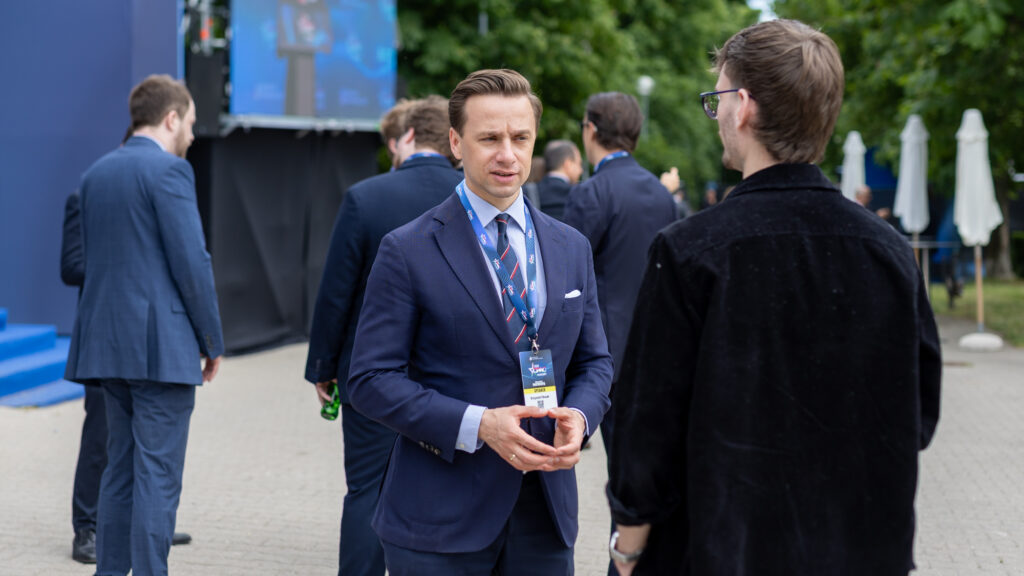
The most important thing is to prepare for both government and opposition. That’s what makes a party mature and sustainable. I sincerely wish Prime Minister Orbán and Fidesz continued success. But if change comes, what matters is whether a party has the infrastructure, leadership, and ideas to regain trust and return to power.
I’ve experienced this myself. As a young MP, I supported the first Law and Justice government. It collapsed, and we were pushed out of Parliament. We spent years in the political wilderness before returning. Being prepared for both governing and opposition is what makes a movement resilient. That’s the prudent, Christian perspective: use the time and circumstances given to you by God wisely, whether in power or in the wilderness.
Regardless of what happens this Sunday, do you believe a future coalition between Konfederacja and Law and Justice is possible?
Many are speculating. If elections were held today, it’s conceivable we could form a majority. But forming a government is only the beginning. Negotiations, strategic alignment, and maintaining our identity would be the real challenges.
Law and Justice has a history of being a difficult coalition partner. Almost all of their former allies have disappeared from politics. So, the question is: can a partnership be formed without compromising our principles and political independence?
We will not destroy our political project just to join a government. I believe Law and Justice now understands that. If we enter talks, we will be assertive and independent. At the same time, we’re open to other scenarios—we could remain in opposition, or explore other coalitions. Two years is a long time in politics. New lists may emerge. Popular figures may form their own parties. Even within Law and Justice, splits are possible.
Our goal is to become the leading right-wing party in Poland within two years. That will be difficult, but not impossible. Many of our leaders are in their 30s and 40s, while Law and Justice is still led by a much older generation. A leadership transition is inevitable. We’ll compete until election day—and then we’ll see. Everything is still in play. And there is no secret deal behind the scenes.
Related articles:



